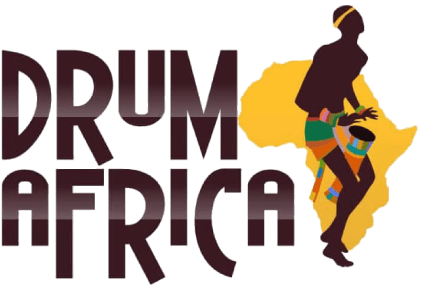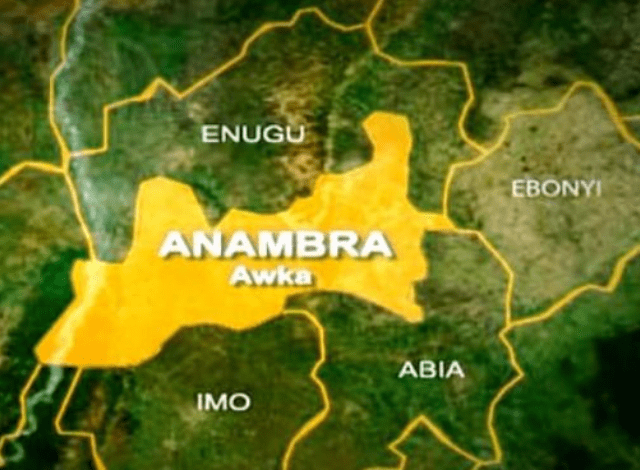The mood in Anambra State turned serious on Monday as sixteen political parties and their candidates came together to sign a peace accord ahead of the governorship election.
In the same event, the Nigeria Police Force (NPF) issued a firm warning that there would be no space for interference by the Indigenous People of Biafra (IPOB), its militant arm the Eastern Security Network (ESN), or any other non-state outfit.
Represented by Deputy Inspector General Ben Okoro, the Inspector-General of Police, Kayode Egbetokun, made it clear that any attempt to disrupt the election would meet “an immediate, coordinated and overwhelming law enforcement response”. The NPF says it has precision-targeted intelligence to locate, isolate and dismantle any network or individual involved in intimidation or violence.
The police emphasised that peace in Anambra is non-negotiable. They declared that anyone “bearing arms, brandishing instruments of intimidation, or performing unauthorised security duties outside recognised federal agencies” will be treated as an armed non-state actor. Those caught would be swiftly arrested and prosecuted under the Firearms Act, Criminal Code, and the Terrorism Prevention and Prohibition Act 2022.
Additional protocols were outlined for Election Day: VIPs must not enter polling or collation centres with armed escorts; only accredited officials, observers and journalists may move freely; campaigning or partisan displays near polling units are prohibited; and any weapon or instrument of intimidation carries immediate arrest.
Anambra has a history of vibrant politics, but also of dwindling voter turnout and security challenges. In recent elections, turnout fell to as low as around 10 % of registered voters. Many analysts point to fear of violence, intimidation and non-state actors as key reasons. The presence of secessionist sentiment and militant groups in the Southeast has added a layer of complexity to electoral contests here.
Work by the Independent National Electoral Commission (INEC) shows the state now has about 2.8 million registered voters ahead of the Saturday 8 November 2025 election. Political parties are preparing, but the security environment remains a hot topic.
At the peace accord ceremony, the chairman of the National Peace Committee, Abdulsalami Abubakar (represented by Lt Gen Martin Luther Agwai (rtd)), reminded all parties that the signing is more than symbolism. It demands discipline, responsibility and honour. He urged the media to report without fear-mongering, and traditional rulers to use their influence to dissuade youth from violence.
INEC’s boss, Joash Amupitan, confirmed the logistics: 5,718 polling units, 326 ward collation centres, 21 local government collation centres and one state centre will be active. He said improved result-management systems are in place – but stressed that the election’s credibility also depends on peace and participation.
The message is clear: beyond winning, the next governor will inherit a state watching closely how the contest is run. The police have drawn a line – Non-state actors trying to hijack the process will face the full weight of the law.

